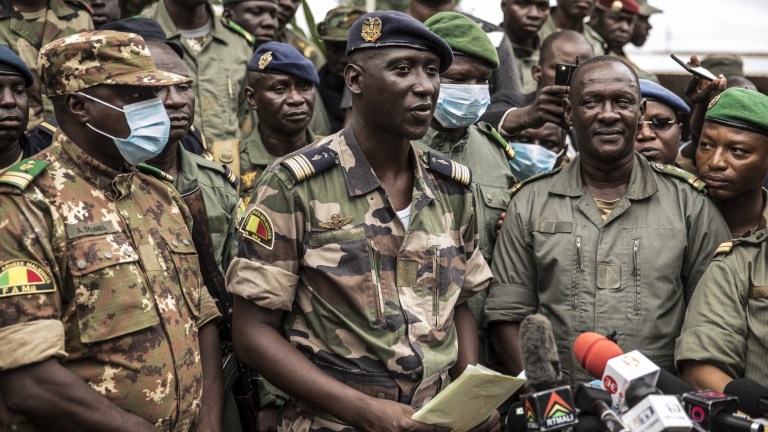
Mali, a West African nation long plagued by insurgent violence, is now seeing the conflict spread dangerously close to its capital, Bamako. In a worrying escalation, insurgent groups, primarily linked to jihadist movements, have expanded their attacks beyond the northern and central regions, where violence has been most concentrated over the past decade. This shift signals a new phase in Mali’s conflict, with the capital itself now at risk of becoming a battleground.
Recent reports indicate that militant groups are intensifying efforts to destabilize government forces and gain influence in southern regions, traditionally viewed as more secure. Skirmishes have been reported in towns and villages near Bamako, raising concerns that the insurgency may soon reach the heart of the nation’s political and economic hub.
The escalation comes at a time of great political uncertainty. Since the military seized power in a coup in 2021, the government has struggled to restore order and address the country’s deep-rooted security challenges. Despite efforts by the Malian military and its international partners, including France and the United Nations, to curb the spread of violence, insurgent groups have grown more emboldened, capitalizing on the political instability.

Residents in Bamako are increasingly fearful as reports of insurgent activity move closer to the capital. Many are worried that the violence, once confined to distant regions, could soon lead to attacks in the city, further straining the already fragile state.
The international community, including the African Union and ECOWAS, has urged the Malian government to take swift action to prevent the insurgency from reaching Bamako. With the situation rapidly deteriorating, the coming weeks will be crucial in determining whether the government can contain the growing threat or if Mali will face an even more severe security crisis.

GIPHY App Key not set. Please check settings